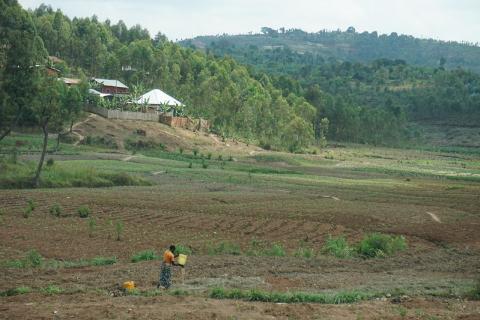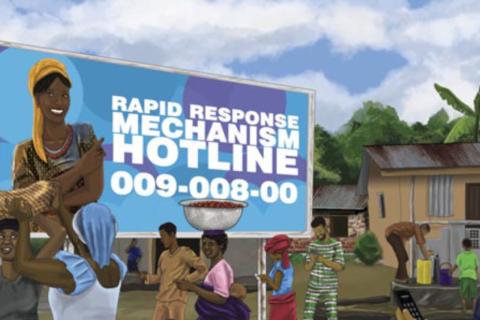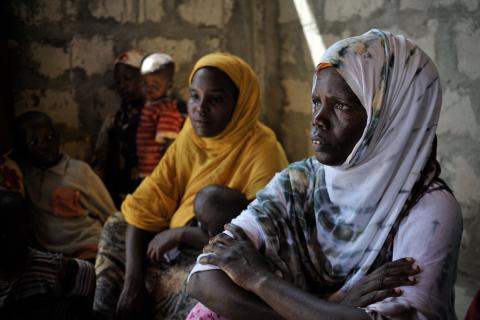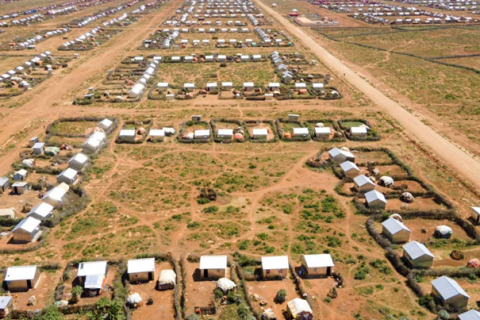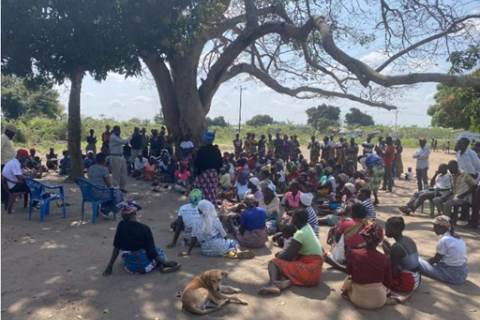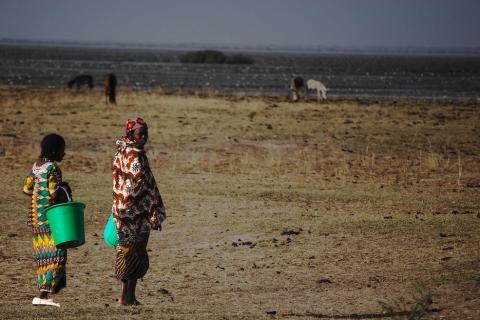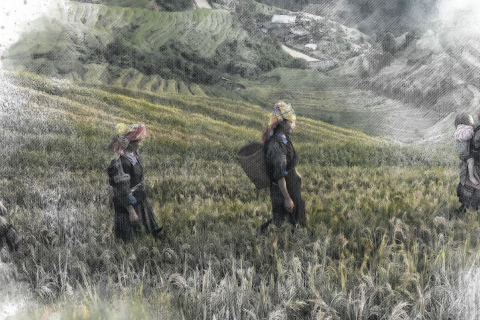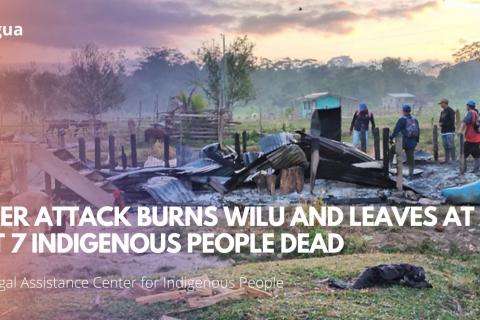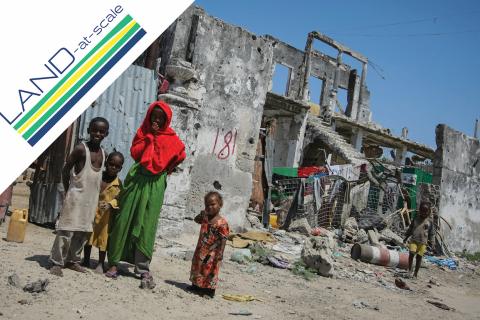Rapid response mechanisms: proactive legal support for communities
Rapid response mechanisms (RRMs) are a new, proactive legal approach designed to provide legal and technical support to communities facing nascent conflicts related to land-based investments. RRMs provide preventative rather than reactive legal help the moment a conflict arises or community members’ rights are threatened, rather than trying to reverse rights violations once they have already occurred.
In the business of ‘doing’ – how gender is operationalized in land governance working with displaced communities in Somalia
The Saameynta Joint Programme is a project aimed at achieving durable solutions for internally displaced people in Somalia, which currently hosts 3.8 million IDPs. Land governance is at the center of this effort, understanding that tenure security is a fundamental piece of the puzzle to enable durable solutions.
Understanding the link between Climate & LAND-at-scale country projects - Sustainable Solutions for Rural-Urban Migrants in Baidoa, Somalia
As part of a scoping study titled Land Governance for Climate Resilience: A review and case studies from LAND-at-scale projects headed by Richard Sliuzas, Emeritus Professor, University of Twente, IOM explored how climate plays a role in the UN-led Saameynta Joint Programme in Somalia. In this context, climate change is increasingly recognized as a multiplier of insecurity and fragility, where climate-related sudden and slow-onset disasters are driving people to leave their land and migrate. While migrating allows people to find alternative livelihoods and enhance their climate resilience, it can also be associated with instances of maladaptation to climate change. As such, this case highlights durable solutions in climate-driven urban sprawl in Baidoa.
Understanding the link between Climate & LAND-at-scale country projects - The nexus between land governance and climate change, Búzi District, Sofala Province, Mozambique
As part of a scoping study titled Land Governance for Climate Resilience: A review and case studies from LAND-at-scale projects headed by Richard Sliuzas, Emeritus Professor, University of Twente, CTV explored the links between climate and land governance in the LAND-at-scale project “Scaling Community Legal Literacy, Land Rights Certification and Climate Resilience in Mozambique”. This case study focusses on experiences from the Búzi District, where Cyclone Idai (March 2019) showed the need for proactive interventions in the land sector aimed at preparing districts and local communities to face and plan for severe climatic phenomena and their impacts, but also the challenges at making this link explicit.
Climate change, conflict and displacement across the Sahel
Promoting training of Central Africans in land governance for poverty reduction - Interview with Prof. Félix Ngana of the University of Bangui
In this interview, Prof. Felix Ngana talks about the creation of the Training and Research Unit (UFR) on Land Governance and Local Development (GFDL) at the University of Bangui in the Central African Republic (CAR). Following the establishment of a Bachelor's degree program, plans to extend this training to the Master's and PhD levels are already underway. These efforts are timely, as the country has embarked on a decentralization process to elect mayors and governors to head municipal and regional councils, respectively.
Coping with climate stress in times of land insecurity: What do locals say?
This blog post is part of the series What to Read. This issue has been developed in the frame of a project in collaboration with ANGOC, ALRD and funded by the Global Forum on Agricultural Research (GFAR).
SETTLER ATTACK BURNS WILU AND LEAVES AT LEAST 7 INDIGENOUS PEOPLE DEAD
CALPI received information that the community of Wilú has been attacked by settlers on March 11, 2023 and that on March 10, 2023, three Mayangna community members and two children members of the Mískitu indigenous people were kidnapped; the kidnapped people were on their way from the community of Musawás to the community of Betlehem in the Mayangna Sauni As territory, in the Bosawás Biosphere Reserve, within the Autonomous Region of the Northern Caribbean Coast of Nicaragua.
Enough is enough
Today, I am on board the Greenpeace Arctic Sunrise ship, as we confront the fossil fuel company, Shell, for its role in causing climate devastation around the world - while paying nothing for this destruction. It is now a trend almost everywhere in the world, fossil fuel and oil extraction are becoming the new trend and a real treasure, to a chosen few. True, governments do need money, and it seems easier and quicker for them to have it through the exploitation of fossil fuels.
Climate-induced migration in Somalia
Building solutions for long-term sustainable livelihoods in urban contexts

